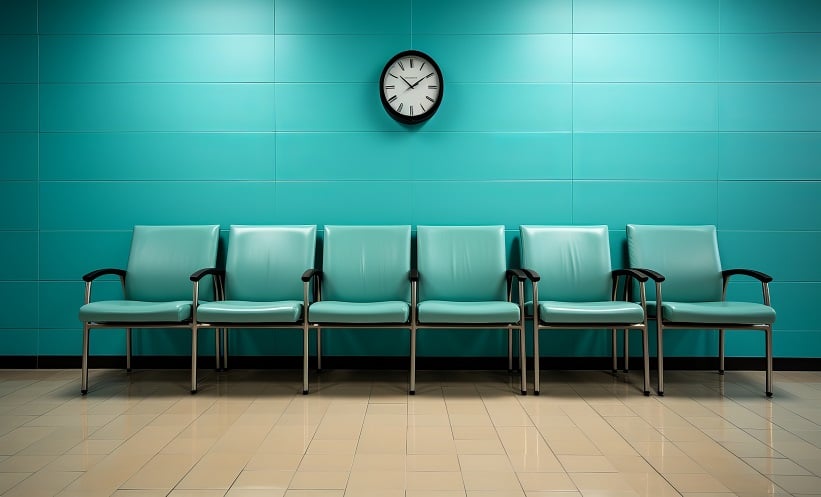Chimeric antigen receptor (CAR)-T cell therapy is a key advancement in the treatment of relapsed or refractory diffuse large B cell lymphoma (DLBCL). However, new evidence suggests that delays between cell collection and infusion may significantly reduce the therapy’s effectiveness. A retrospective study conducted at Kyoto University Hospital explored how these time lags affect patient outcomes.
CAR-T cell therapy treatment delays
The study reviewed 90 patients treated with CAR-T cell therapy and found that the median time between apheresis (cell collection) and infusion was 66 days, ranging from 28 to 203 days. Patients were divided into two groups: those who received infusion within 66 days and those who experienced longer waits. Despite similar baseline characteristics at the time of infusion, the delayed group had lower rates of aggressive disease indicators such as extranodal involvement and progressive disease.
Multivariate analysis revealed that delayed infusion was a significant negative prognostic factor for progression-free survival, with an adjusted hazard ratio (aHR) of 3.13 (95% CI: 1.63–6.00; p=0.001). Other factors associated with poorer outcomes included extranodal involvement (aHR 2.39; p=0.004), stable or progressive disease (aHR 2.66; p=0.005), bulky disease (aHR 3.08; p=0.008) and treatment with tisa-cel (aHR 5.26; p=0.001). Overall survival was also shorter in the delayed group, with an aHR of 2.53 (95% CI 1.29–4.96; p=0.007).
Improving treatment timelines
The findings highlight the clinical importance of minimising the time between apheresis and infusion. Delays often arise from limited institutional capacity, manufacturing bottlenecks, and extended bridging therapy periods. Researchers suggested that improving workflow efficiency, expanding production and treatment capacity, and reducing unnecessary bridging could enhance patient outcomes.
By identifying infusion delay as a modifiable risk factor, this study underscores the need for healthcare systems to streamline CAR-T cell therapy processes. Optimising logistical and operational aspects of treatment could help ensure that patients with relapsed or refractory DLBCL receive timely, potentially life-saving care and achieve better long-term survival rates.
Reference
Morimoto S et al. Prolonged chimeric antigen receptor-T apheresis to infusion time is associated with inferior outcomes in diffuse large B-cell lymphoma. Br J Haematol. 2025;207:1484–94.








